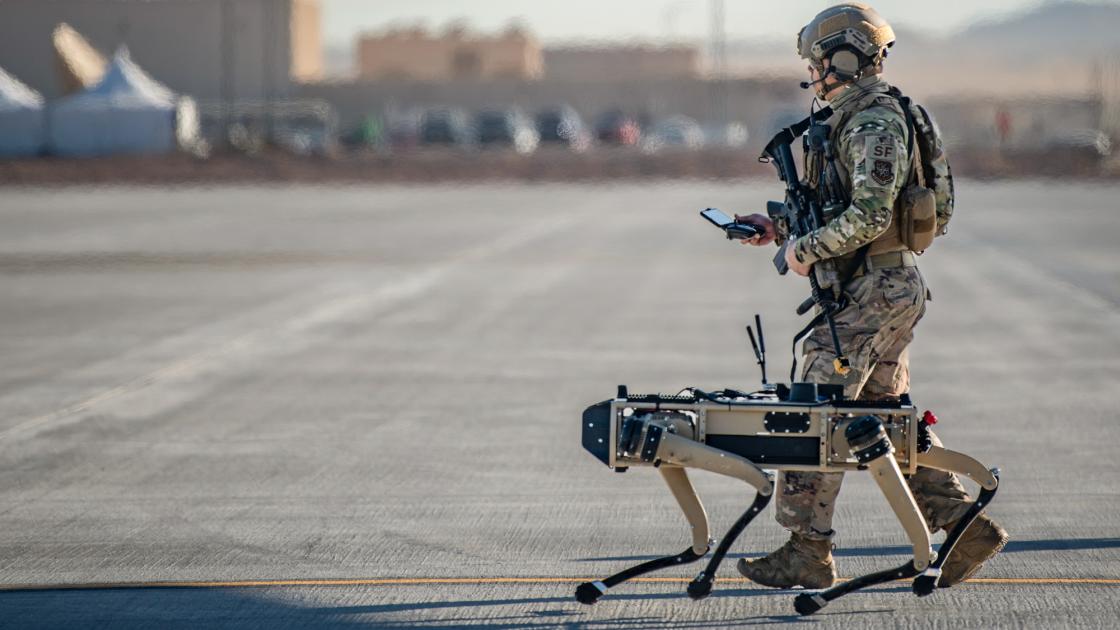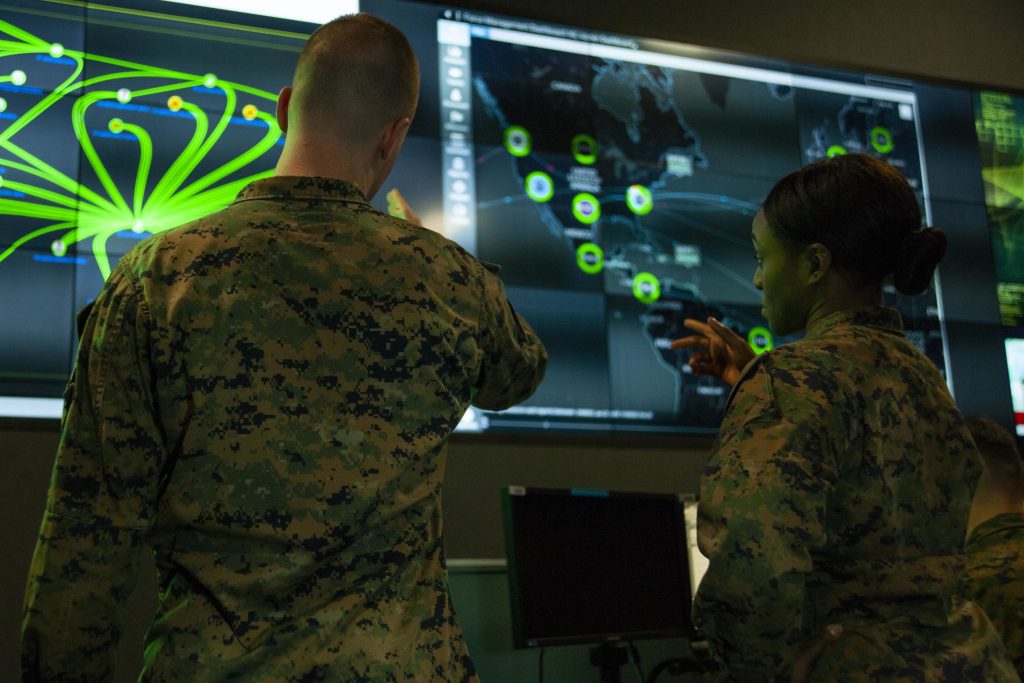
Introduction: Understanding AI in Military Warfare
Artificial intelligence (AI) is transforming numerous industries, including the military sector. The United States Department of Defense (DoD) is spearheading the integration of AI in military activities to enhance the effectiveness of their operations.
Overview of Artificial Intelligence in Military
The military use of artificial intelligence aims to enhance decision-making capabilities. It’s geared towards creating AI systems and autonomous weapons systems that can analyze intricate combat situations swiftly and accurately. Working alongside significant bodies such as the Joint Artificial Intelligence Center and the Advanced Research Projects Agency, the Department of Defense seeks to spearhead the frontiers of AI in military.
Examining the Prospective Integration of AI in Military
The military is beginning to acknowledge the potential benefits artificial intelligence (AI) could provide. Intelligence AI in warfare could drastically reshape the operational paradigm of the armed forces.
Future of AI in Military: A Steady Increase and International Competition
The global arms race for military AI is intensifying, with top powers like the United States seeking to assert superiority in this emergent realm. Militaries worldwide are investing heavily in advanced emerging technologies, including machine learning platforms, to stay ahead in the race.
Analyzing Potential Risks of AI Development in Military
However, the deployment of AI in military is not without risks and ethical concerns. The advent of autonomous weapons and AI systems leads us to question the appropriate levels of human judgment needed and the risks related to relinquishing control to machines.
Responsibility, Control, and Ethical Concerns of Military AI
When an AI system is in control of a weapon system, who is responsible if it commits an unlawful act? The use of artificial intelligence in warfare, particularly autonomous weapons, raises profound questions about responsibility and control.

Public Outlook on AI for Military Applications
The public’s perception of AI in military varies from support to apprehension. Some laud the potential of AI systems to revolutionize the armed forces, while others express concerns over AI systems control over armed conflict.
Perception and Support for AI in Military
Be it the deployment of autonomous systems or enhancing decision-making capabilities, any use of AI in the armed forces needs societal support and understanding.
Recommendations for the Ethical Use of AI in Military
Given the ethical implications of AI in military, policymakers, military commanders, and tech leaders need to adhere to rigorous ethical principles to guide the development and deployment of such technologies.
Conclusion: The Implications of AI in Modern Warfare
AI’s role in conflict continues to evolve, forcing us to grapple with complex ethical, moral, and legal dilemmas.
Summary: AI in Military and The Ethical Questions Raised
Analytics by Oxford University Press and The New York Times have underscored the ethics of artificial intelligence in warfare. In the end, we must thoroughly ponder, “What are the appropriate levels of human judgment when dealing with autonomous weapons?” As AI in military becomes more prevalent, these considerations will become increasingly indispensable.





